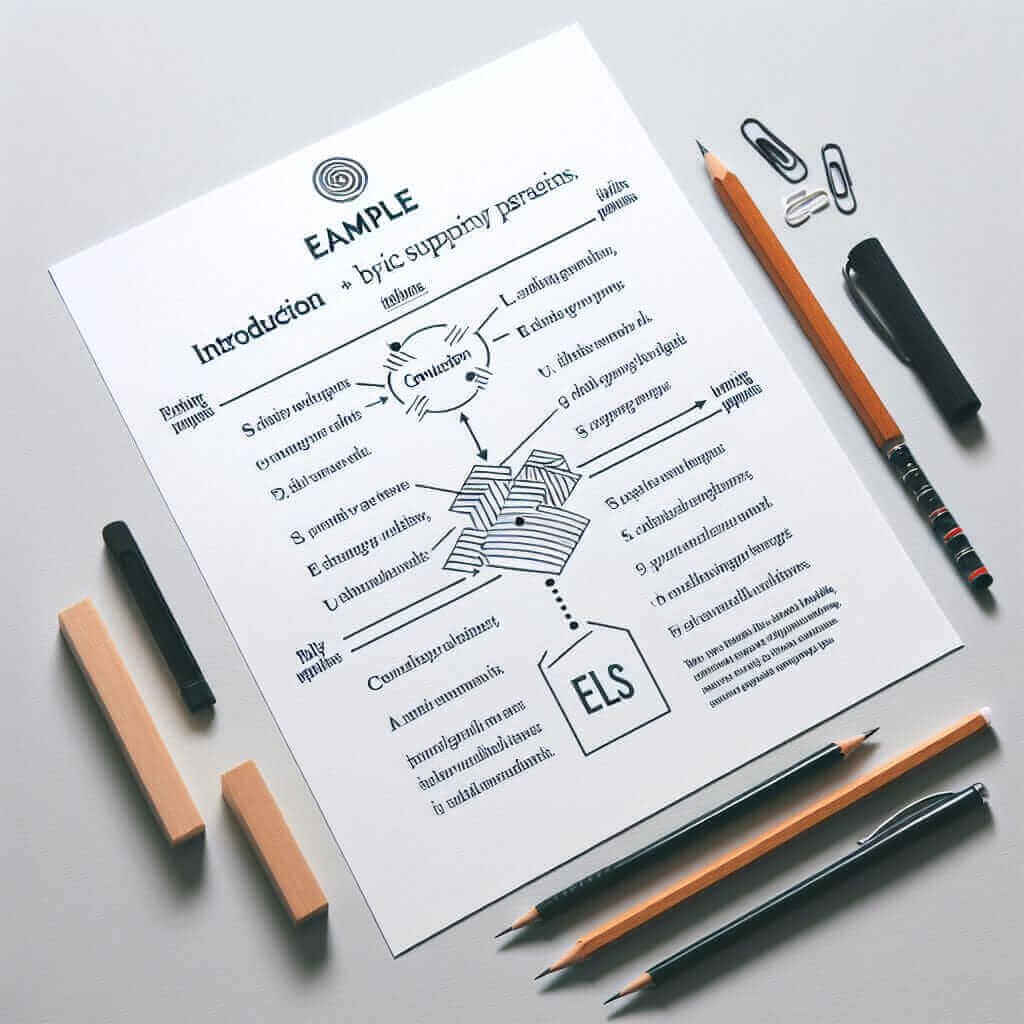Preparing for the IELTS exam in just 4 weeks might seem challenging, but with a well-structured plan and dedication, it is achievable. This guide will provide you with a detailed, step-by-step approach to preparing for IELTS within a month, focusing on essential practice strategies, time management, common mistakes, and effective study tips.
Why is Preparing for IELTS Important?
The IELTS exam evaluates your proficiency in English, measuring your abilities in listening, reading, writing, and speaking. Achieving a high score in IELTS can open doors to various opportunities, such as studying, working, or living in English-speaking countries. A 4-week preparation plan requires discipline and focus, but it can significantly improve your chances of success.
Week 1: Understanding the IELTS Format
What is the IELTS Exam?
The IELTS exam is divided into four sections:
- Listening: 40 minutes, 40 questions (4 sections).
- Reading: 60 minutes, 40 questions (3 sections, varies between Academic and General Training).
- Writing: 60 minutes, 2 tasks.
- Speaking: 11-14 minutes, 3 parts.
Familiarize Yourself with the Exam Format
Understanding the structure of the exam is the first step in your preparation:
- Listening: Practice different accents and focus on understanding the main ideas and specific details.
- Reading: Improve your skimming and scanning techniques to answer questions faster.
- Writing: Learn how to structure essays and practice different types of questions.
- Speaking: Enhance your fluency and coherence by engaging in regular conversations.
Example:
Listening practice can be enhanced by listening to podcasts, TED Talks, or news from various English-speaking countries.
Creating a Study Schedule
Allocate dedicated time for each section. An effective plan for the first week could be:
- Day 1-2: Focus on listening practice.
- Day 3-4: Concentrate on reading comprehension.
- Day 5-6: Practice writing tasks.
- Day 7: Engage in speaking exercises and review the entire week.
Week 2: Intensive Practice and Strategy Development
Improve Your Listening Skills
Listen to a variety of English audio materials:
- Materials: IELTS practice tests, English movies, podcasts.
- Techniques: Practice listening for specific information and note-taking.
Example:
Listen to a podcast episode and summarize the main points in your own words.
Enhance Your Reading Skills
Focus on reading comprehension strategies:
- Materials: IELTS practice tests, English newspapers, academic journals.
- Techniques: Skimming texts for main ideas and scanning for specific information.
Example:
Read an article from an academic journal and identify the thesis statement and supporting arguments.
Mastering the Writing Section
Practice writing essays and letters:
- Task 1 (Academic): Describe visual data.
- Task 1 (General): Write formal/informal letters.
- Task 2 (Both): Write argumentative essays.
Example:
Write a 250-word essay on a common IELTS topic, such as “The impact of technology on society.”

Speaking Practice
Engage in regular speaking practice:
- Materials: Practice questions, English-speaking partners.
- Techniques: Practice Part 1 (introduction), Part 2 (long turn), and Part 3 (discussion).
Example:
Prepare a 2-minute speech on a familiar topic and practice speaking it fluently.
Week 3: Mock Tests and Error Analysis
Take Full-length Mock Tests
Simulate the test environment by taking full-length mock tests:
- Materials: Official IELTS practice tests.
- Techniques: Time yourself and adhere strictly to the exam conditions.
Example:
Take a complete IELTS test, record your answers, and check them against the answer key.
Analyze Your Mistakes
Identify common errors and work on improving them:
- Listening and Reading: Review incorrect answers and understand why they were wrong.
- Writing: Get feedback from teachers or peers.
- Speaking: Record yourself and analyze your performance.
Example:
If you consistently miss questions in the listening section, focus on improving your attention to detail.
Week 4: Final Preparations and Review
Focus on Weak Areas
Spend the final week addressing your weakest areas:
- Listening: Practice with difficult audio materials.
- Reading: Read complex texts and answer questions.
- Writing: Work on organizing your ideas clearly and coherently.
- Speaking: Conduct mock speaking sessions with a partner.
Example:
If you struggle with essay writing, practice writing essays on different topics and seek feedback.
Last-minute Tips
- Relax: Ensure you get enough rest before the exam day.
- Review: Go over key strategies and tips.
- Prepare: Gather all necessary materials for the exam day.
Example:
Prepare a checklist of items to bring to the exam center, such as your identification and stationary.
Common Mistakes and How to Avoid Them
Listening
- Mistake: Not focusing on the spoken questions.
- Solution: Practice active listening and develop note-taking skills.
Reading
- Mistake: Spending too much time on one question.
- Solution: Practice skimming and scanning techniques.
Writing
- Mistake: Not structuring essays properly.
- Solution: Learn and practice essay structures.
Speaking
- Mistake: Pausing frequently and lacking fluency.
- Solution: Engage in regular speaking practice and seek feedback.
Conclusion
Preparing for the IELTS in 4 weeks is demanding but achievable with the right approach. By understanding the exam structure, practicing regularly, focusing on weak areas, and analyzing your mistakes, you can significantly improve your performance. Stay disciplined, practice consistently, and stay confident.
Feel free to share your preparation experiences or ask any questions in the comments below. Good luck with your IELTS journey!